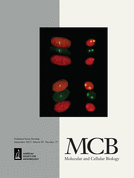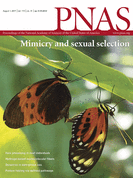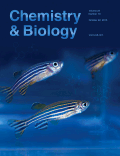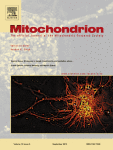 A journal has retracted a 2016 paper after receiving criticism from outside researchers who raised concerns about its methodology and data.
A journal has retracted a 2016 paper after receiving criticism from outside researchers who raised concerns about its methodology and data.
The paper shares multiple authors with another paper that linked the vaccine for human papillomavirus (HPV) to behavioral problems in mice. Last year, a journal removed the study; later that year, the authors published a revised version in another journal. The latest retracted paper focuses on the antibodies present in a form of lupus.
Yehuda Shoenfeld at Tel-Aviv University in Israel, the corresponding author on both this latest retraction and the HPV vaccine paper, recently edited a textbook that explored how vaccines can induce autoimmunity in some people. He told us the 2016 lupus paper does have a link to vaccines [his emphasis]:
Continue reading “The paper is extremely flawed:” Journal retracts article linked to vaccines
 A biology journal has issued a correction to a 2014 paper by a researcher with 11 retractions, citing “inadvertent errors” that don’t affect the conclusions.
A biology journal has issued a correction to a 2014 paper by a researcher with 11 retractions, citing “inadvertent errors” that don’t affect the conclusions. A professor at Sunchon National University has resigned from a prominent government position in South Korea after facing heavy criticism for being a co-author of a fraudulent stem cell paper.
A professor at Sunchon National University has resigned from a prominent government position in South Korea after facing heavy criticism for being a co-author of a fraudulent stem cell paper. A once-prominent researcher in the field of infectious disease — who was found
A once-prominent researcher in the field of infectious disease — who was found 


 After
After 
